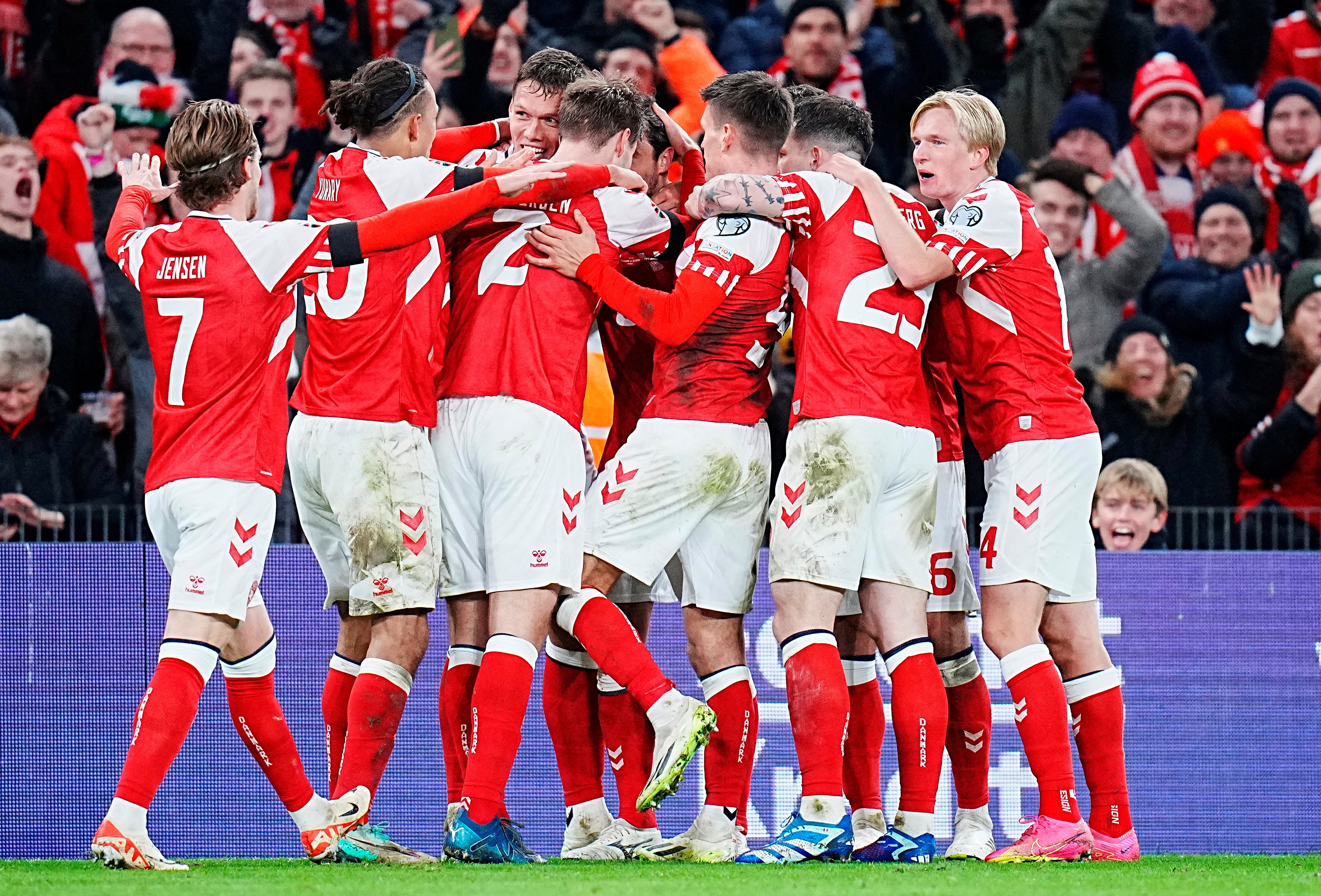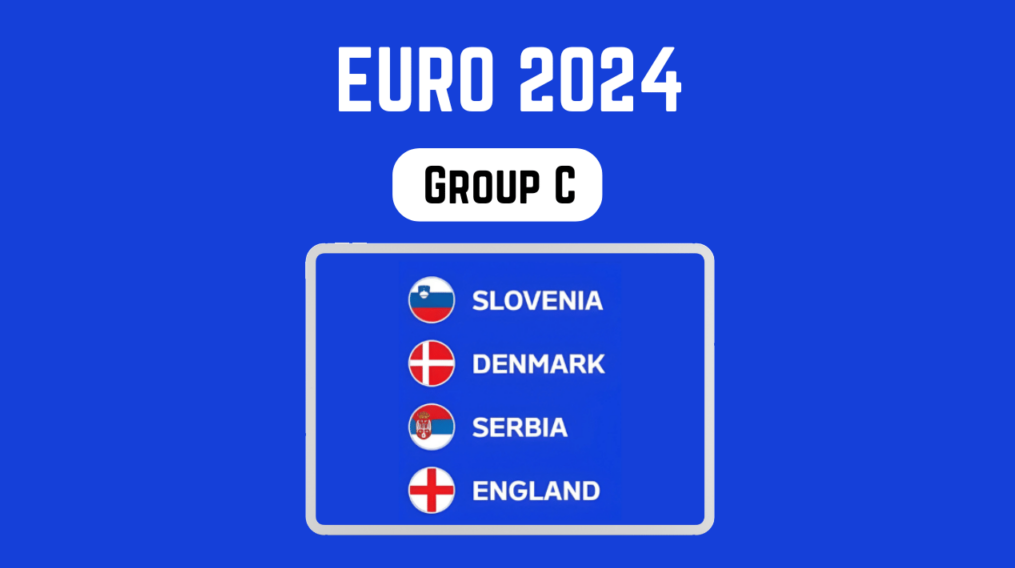[ 2024 European Cup Denmark ] Can Denmark Once Again Become the Dark Horse?
 Denmark is a traditional powerhouse in European football, known for its remarkable performances in the UEFA European Championship. In 1992, they stunned the football world by clinching the championship as replacement entrants, creating a fairy-tale story in Danish football history. Their success continued in the 1995 UEFA Intertoto Cup, where they triumphed as reigning European champions.
Denmark is a traditional powerhouse in European football, known for its remarkable performances in the UEFA European Championship. In 1992, they stunned the football world by clinching the championship as replacement entrants, creating a fairy-tale story in Danish football history. Their success continued in the 1995 UEFA Intertoto Cup, where they triumphed as reigning European champions.
In the previous European Championship, Denmark showcased its resilience by securing a spot in the quarter-finals after finishing second in the group stage. They defeated Wales and the Czech Republic in the knockout rounds but narrowly lost to England in the semi-finals.
During the Euro 2024 qualifiers, Denmark had favorable fixtures in Group H, facing teams like Slovenia, Finland, Kazakhstan, Northern Ireland, and San Marino. They finished on top with 22 points, edging out Slovenia with better head-to-head results to advance to the final tournament.
Despite some new emerging talents like Hojbjerg, Denmark's core remains with familiar names such as Eriksen, Hojbjerg, Kjaer, and Schmeichel. However, Eriksen's form has declined since his cardiac arrest incident, and Kjaer has faced fitness issues. The veteran goalkeeper, Schmeichel, continues to be a reliable presence at 37 years old.
 In Euro 2024, Denmark finds itself in Group C alongside strong contenders like England, Slovenia, and Serbia. While their roster may not boast the strongest lineup on paper, Denmark aims to secure a spot in the knockout stage as a realistic goal.
In Euro 2024, Denmark finds itself in Group C alongside strong contenders like England, Slovenia, and Serbia. While their roster may not boast the strongest lineup on paper, Denmark aims to secure a spot in the knockout stage as a realistic goal.
Since August 1, 2020, the 52-year-old Julemann has been coaching the Danish team, leading them to the semi-finals of the previous European Championship. With his extensive knowledge of Danish players from domestic leagues, Julemann ensures unity within the squad.
Undoubtedly, Denmark's overall strength has declined, especially with an aging core. The defensive line is led by the 35-year-old Kjaer, but his fitness remains a concern. Young talents like Hojbjerg and Yurman are expected to contribute, but they lack experience in high-intensity matches.
Upfront, the spotlight shines on 21-year-old Højlund, who has shown promise despite inconsistent performances at Manchester United. Poulsen, at 29, provides valuable support as a forward, but he often serves as a substitute at RB Leipzig.
Although talents like Dolberg and Damsgaard showed promise four years ago, they haven't progressed as expected, with Damsgaard missing a crucial opportunity to join a top club.
 In Group C, Denmark faces tough opponents like England, Slovenia, and Serbia. While they may not match England's strength, they have a fair chance against the other two teams, aiming to advance from the group stage. If Denmark finishes second in Group C, they could face the winner of Group A in the Round of 16, potentially Germany, the host nation. If they finish third, they could face the winners of Group E or F, such as Belgium or Portugal, both formidable opponents.
In Group C, Denmark faces tough opponents like England, Slovenia, and Serbia. While they may not match England's strength, they have a fair chance against the other two teams, aiming to advance from the group stage. If Denmark finishes second in Group C, they could face the winner of Group A in the Round of 16, potentially Germany, the host nation. If they finish third, they could face the winners of Group E or F, such as Belgium or Portugal, both formidable opponents.

 AFC Bournemouth
AFC Bournemouth
 Chelsea
Chelsea
 Wolves
Wolves
 Southampton
Southampton
 Liverpool
Liverpool
 Udinese
Udinese
 Nacional da Madeira
Nacional da Madeira
 Estoril
Estoril
 Como
Como







